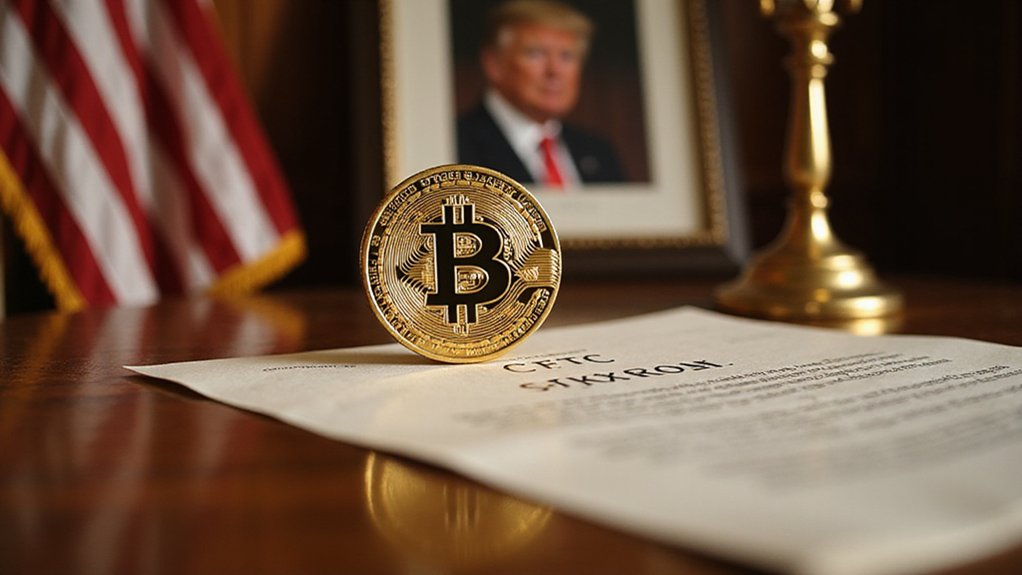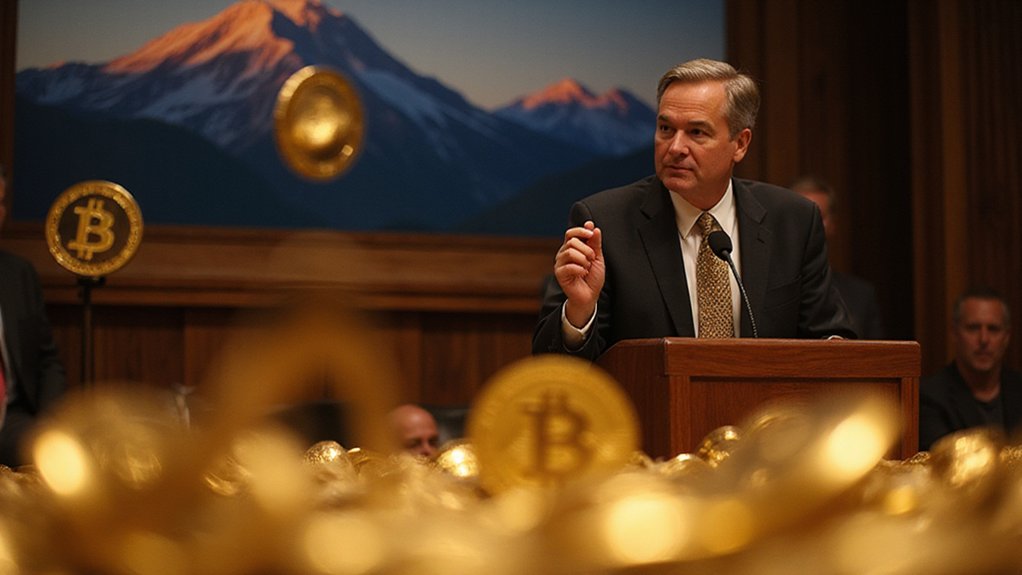The crypto world’s perpetual regulatory labyrinth—one that has confounded even the most seasoned market participants—may finally be approaching a critical inflection point, thanks largely to Paul Grewal’s vociferous advocacy for regulatory reform.
The Coinbase legal chief has mounted a compelling argument against what many consider the height of regulatory irony: SEC staff are prohibited from holding cryptocurrencies while simultaneously being tasked with their oversight.
This prohibition creates what Grewal aptly characterizes as a knowledge vacuum precisely where expertise is most vital.
Grewal’s petition to the U.S. Office of Government Ethics represents more than procedural tinkering; it addresses a fundamental disconnect in regulatory philosophy.
SEC employees may invest in stocks and bonds—traditional financial instruments they regulate—yet cryptocurrency remains verboten.
This disparity underscores the peculiar regulatory asymmetry that has long characterized Washington’s approach to digital assets.
The resulting experiential deficit, Grewal argues, inevitably impairs regulators’ ability to craft informed, balanced policies.
With 2025 looming as a watershed moment for crypto regulation (particularly given the anticipated acceleration of rulemaking under the incoming administration), Grewal’s timing proves remarkably prescient.
His proposal for ethics waivers offers a pragmatic middle path—allowing knowledgeable staff to engage with crypto products without abandoning conflict-of-interest safeguards entirely.
The backdrop for this regulatory recalibration remains complex: persistent market volatility, allegations of systematic “debanking” of crypto firms, and the specter of significant legislative interventions all contribute to an atmosphere of sustained uncertainty.
Yet Grewal’s approach acknowledges this complexity without surrendering to it.
As highlighted during the Cornerstone Research virtual presentation, experts anticipate rapid changes in crypto regulation by early 2025, making Grewal’s intervention particularly timely.
The industry is increasingly moving away from pure speculation toward tangible utility, reflecting a maturing ecosystem that demands regulators with practical understanding.
Should Grewal’s advocacy bear fruit, the resulting regulatory framework might finally reflect the nuanced understanding that only comes from hands-on experience with the asset class.
For an industry long accustomed to being regulated by those with little practical crypto experience, such a shift would represent not merely incremental progress but a fundamental realignment of the regulatory paradigm—one that might actually foster innovation while still protecting market integrity.









